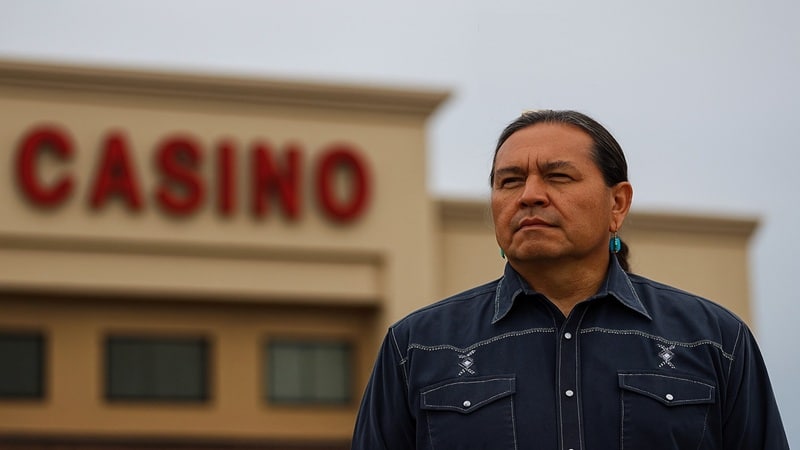
MSIFN says Ontario’s casino expansion violates binding agreements, diverting revenue meant for essential services like clean water and healthcare.
The Mississaugas of Scugog Island First Nation (MSIFN) is expressing deep concern following the recent release of gaming revenue figures across Ontario, stating that the Provincial Government’s windfall profits represent a failure to honor legally binding agreements and constitutional obligations to Indigenous peoples.
Years of Dispute Over Broken Agreements
For years, MSIFN has been in dispute with the provincial government over violations of legally binding revenue-sharing agreements. Despite those agreements, Ontario moved ahead with the construction of the Pickering Casino and the introduction of iGaming, all without public support or regard for its impact on MSIFN.
MSIFN entered into agreements with the Ontario government in 2016 as part of Ontario’s casino modernization scheme.
These were designed to ensure the Great Blue Heron Casino would operate competitively with government casinos in the Greater Toronto Area. Gaming revenue enables MSIFN to build infrastructure, fund essential public services such as clean drinking water and healthcare, and contribute to the local economy.
Measurable Impact on the Community
A Canada Pulse Insights poll commissioned by MSIFN found that half of Ontarians (50%) believe Durham Region already has too many land-based casinos, and 43% say the casinos are too close together. Nearly one in five respondents (19%) said they stopped visiting the Great Blue Heron Casino after the Pickering facility opened, to a figure that climbs to 31% in Scugog.
Since opening in July 2021, Pickering Casino has generated nearly $69 million in hosting revenue for the City of Pickering. In contrast, MSIFN received approximately $682,605 in the most recent quarter while Pickering collected $3.8 million in hosting fees.
Source: As always, we give you the direct source of our news stories, so you can do your own research on the topic. In this case, we used an X.com post directly posted by the MSIFN themselves here, ‘MSIFN – Mississaugas of Scugog Island First Nation‘.
Key Takeaways
- MSIFN alleges Ontario violated 2016 revenue-sharing agreements by opening Pickering Casino and launching iGaming without consultation, directly impacting Great Blue Heron Casino revenue
- Public polling shows concerns about casino saturation, with 50% of Ontarians believing Durham Region has too many casinos and 31% of Scugog residents stopping visits to Great Blue Heron after Pickering opened
- Revenue disparity is significant: Pickering has generated nearly $69 million for its host city since 2021, while MSIFN received approximately $682,605 in the most recent quarter
- Chief Kelly LaRocca states gaming expansion undermines economic reconciliation, as casino revenue funds essential services, including clean water, healthcare, and education for the First Nation
- Legal proceedings have been ongoing since the 2022 mediation, with MSIFN claiming both breach of contract and constitutional violations under Section 35 Aboriginal rights protections
At the Direct Expense of Economic Reconciliation
“The revenue that Pickering and iGaming generate for the Province of Ontario comes at the direct expense of MSIFN and economic reconciliation,” said Chief Kelly LaRocca. “Gaming revenue allows MSIFN to build infrastructure, fund essential public services, and contribute to the local economy. Instead of supporting Indigenous self-governance and reconciliation, the government has chosen to empower national and international corporations to profit at the expense of the public good.” The First Nation alleges the province breached the 2016 agreement and violated Section 35 of the Canadian Constitution by failing to conduct formal consultations with Indigenous leaders before launching the iGaming market and approving new casino developments.
The former Liberal provincial government had committed to limiting casinos in the Durham region. However, when Premier Doug Ford’s government took office in 2018, new regulations allowed the Pickering Casino Resort to proceed.
Heavy Burden on All Parties
The ongoing legal proceedings have placed a heavy burden on the First Nation and Ontario taxpayers alike. The two parties entered mediation in 2022, but the dispute continues. “The legal argument is clear. The unfairness is clear. The public opinion is clear,” added Chief LaRocca. “Yet the Province continues to fight us. We are asking for fairness, not a fight, but we will not back down.”
The Ontario Ministry of Finance maintains that while the province has a revenue-sharing agreement with MSIFN regarding the Great Blue Heron Casino, it does not have an agreement preventing the opening of new land-based casinos, which is a position that MSIFN strongly disputes.
CasinoPlusBonus Opinion
This dispute presents a challenging situation where both sides have legitimate perspectives. From MSIFN’s standpoint, the 2016 agreements were meant to protect their economic foundation, and subsequent casino openings appear to contradict those commitments. The community depends on casino revenue for essential services, making this about community welfare and Indigenous self-determination.
From the provincial perspective, Ontario may argue that expanding gaming options serves broader public interests and benefits multiple municipalities. The government maintains it has no agreement preventing new casino openings, suggesting possible differences in how the 2016 agreements were interpreted. This situation reflects a broader challenge in Canadian governance: balancing economic development with treaty obligations and reconciliation commitments. The poll data showing public concern about casino saturation suggests the expansion may not have had widespread support.
How we feel: We are not experts on the intricate details, but it’s clear both parties would benefit from a mediated resolution that honors past commitments while finding a sustainable path forward; continuing litigation serves neither the First Nation nor Ontario taxpayers.


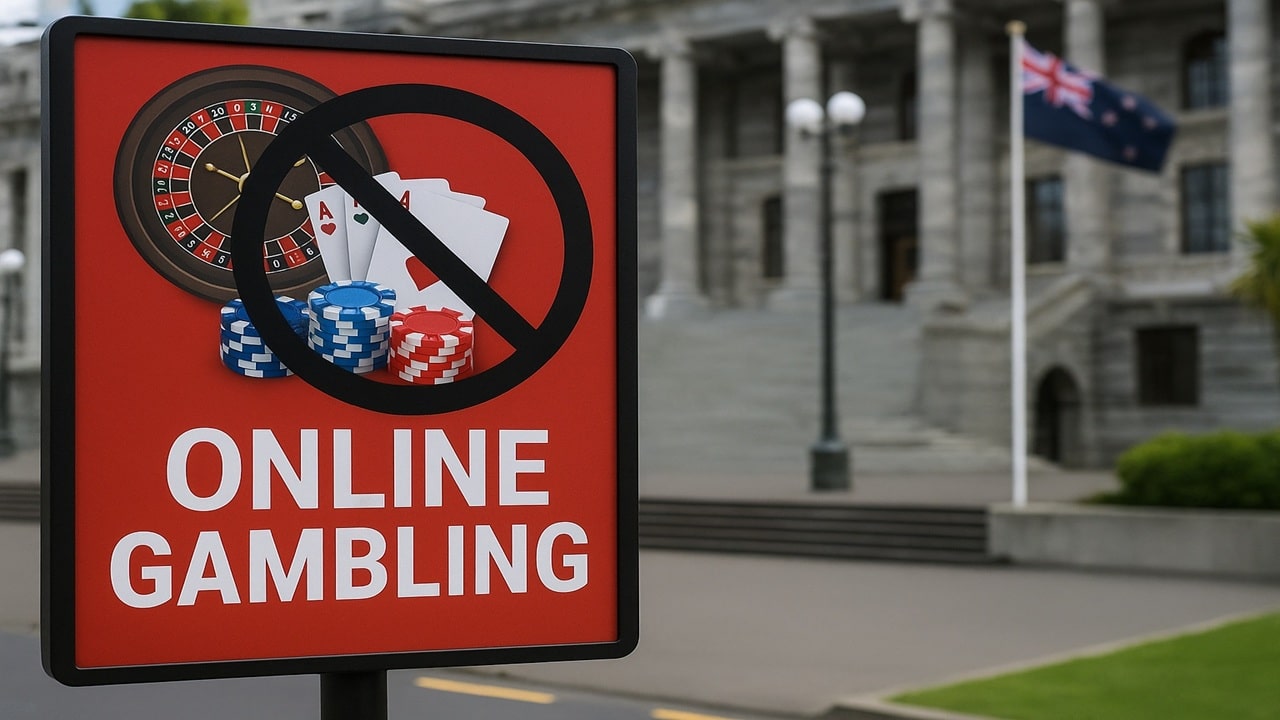






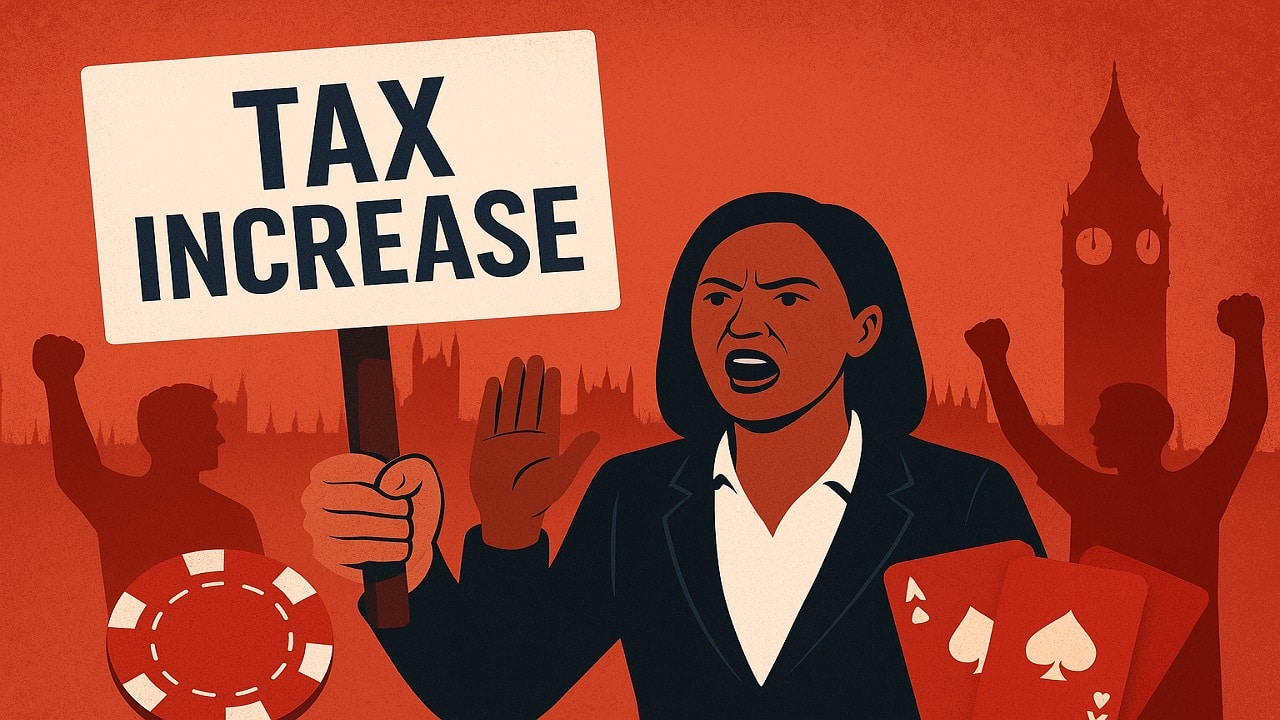
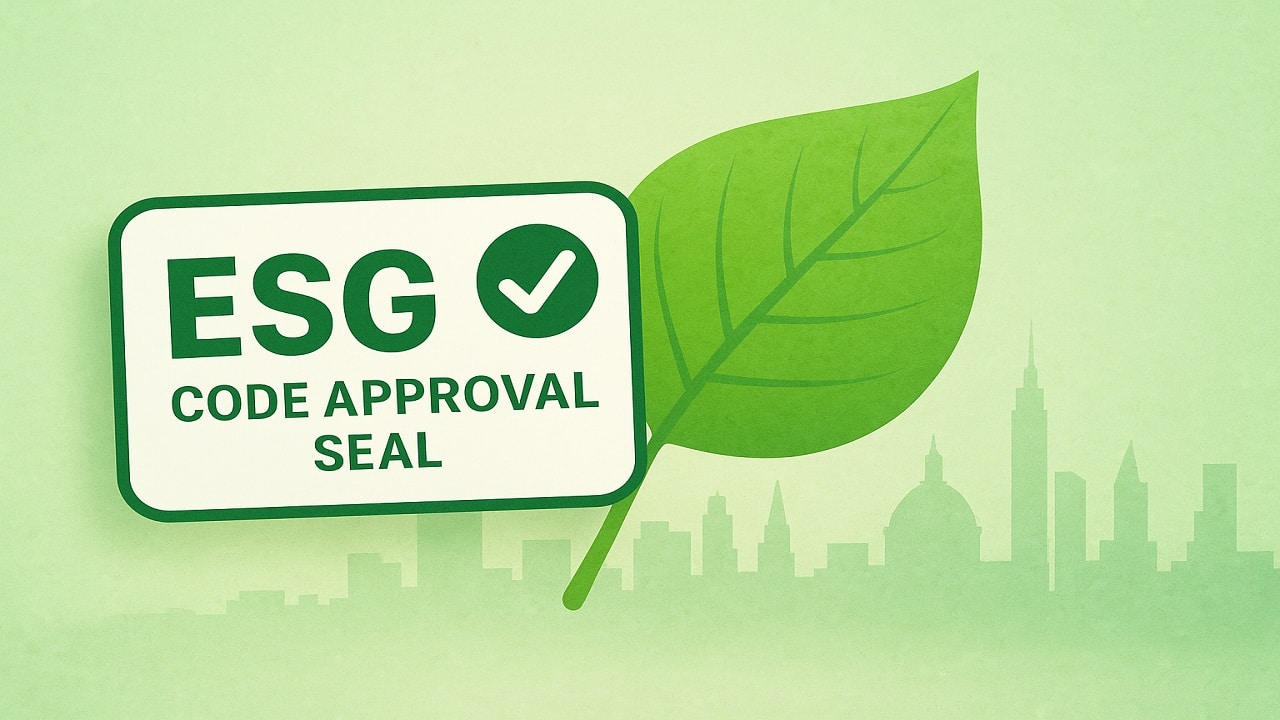

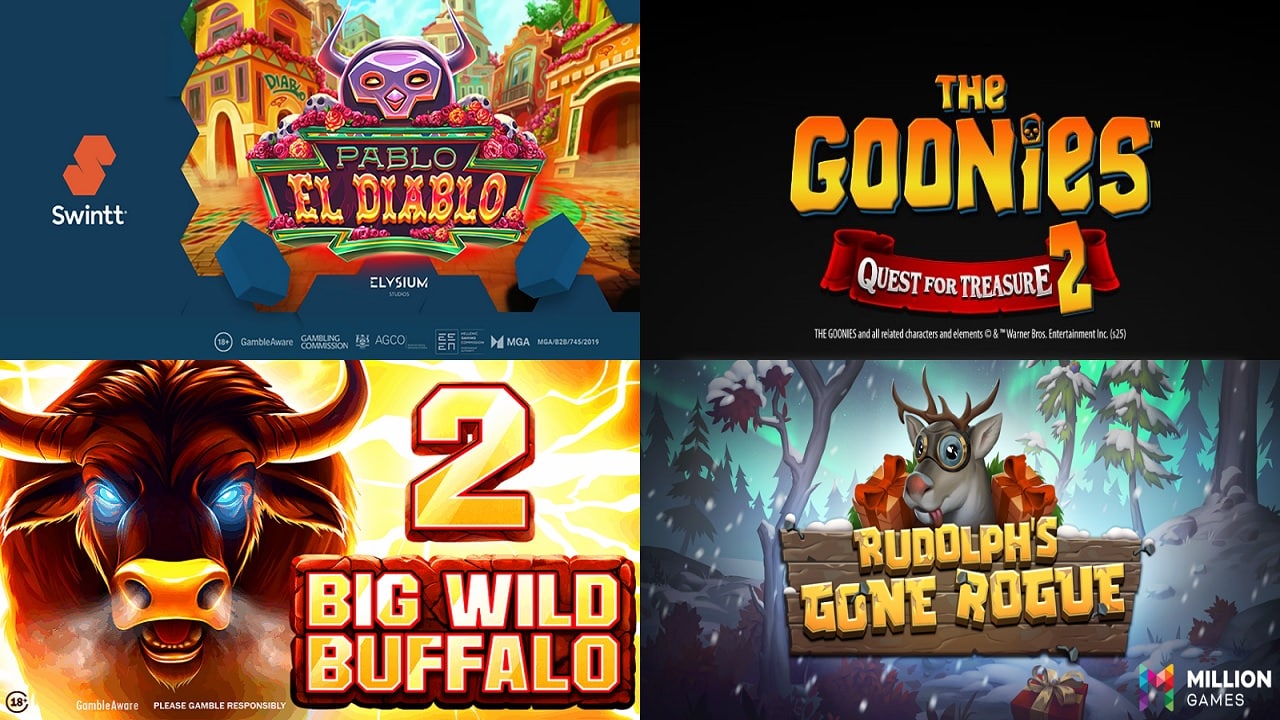














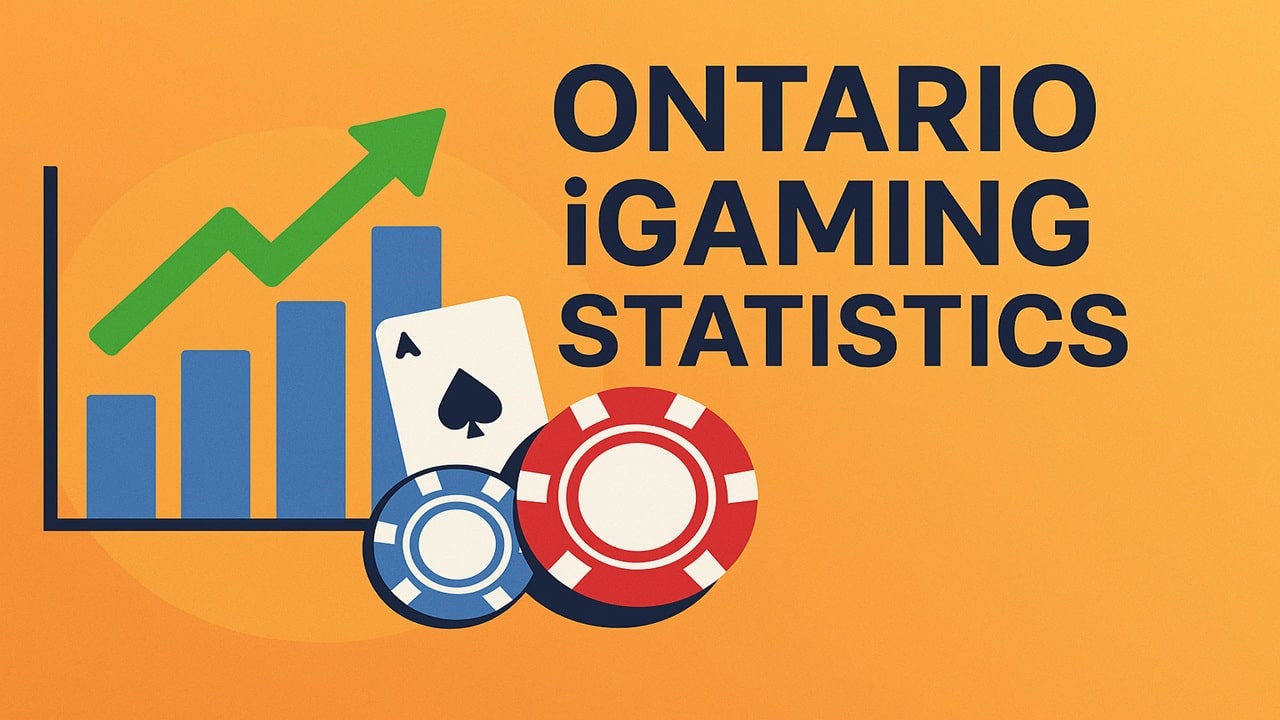



Leave A Comment